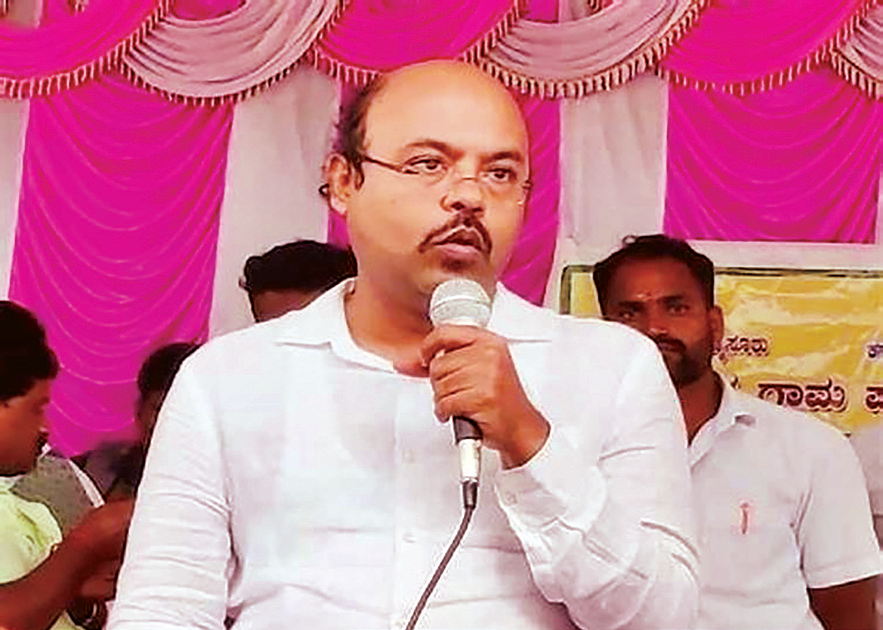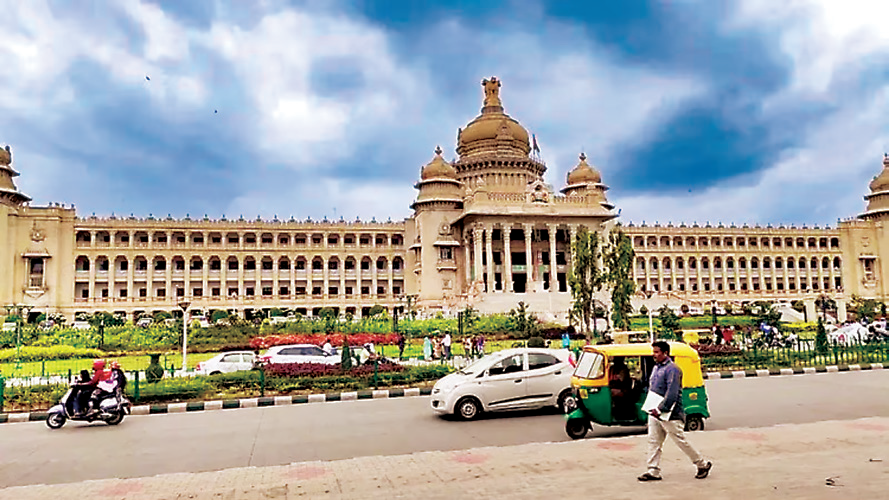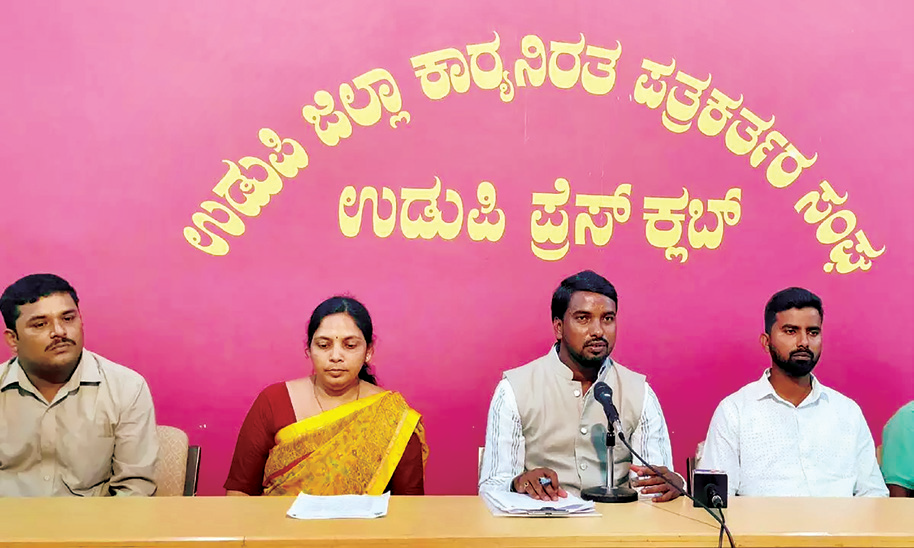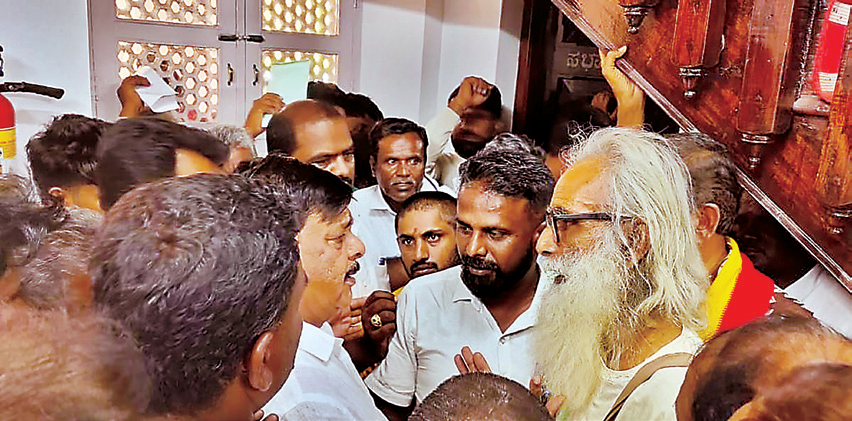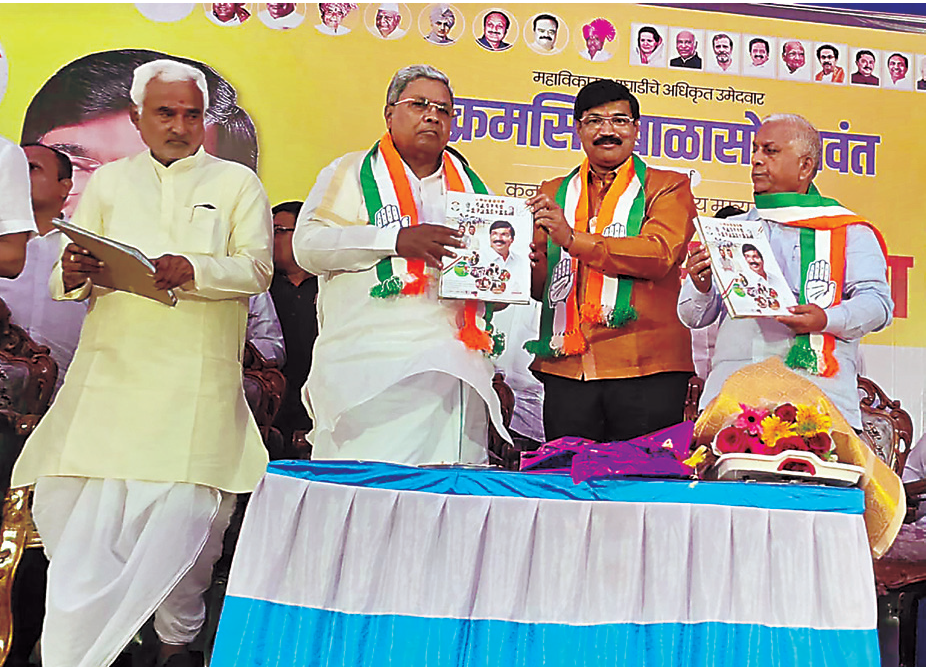
Siddu joins Cong's Maharashtra poll push in border districts
NT Correspondent
Bengaluru
With the by-elections in Karnataka in the rearview mirror, Congress deployed Chief Minister Siddaramaiah in the border districts in Maharashtra to sway Kannadiga voters. Siddaramaiah on Friday campaigned in Assembly constituencies such as Jat in Sangli district and Mukhed in Nanded district, which are home to large Kannada-speaking populations. The Maharashtra Assembly elections are slated for November 20 and will be tightly contested between two pre-poll coalitions. On the one hand is the ruling Maha Yuti, which includes the BJP, the Shiv Sena faction led by Maharashtra CM Eknath Shinde and Deputy CM Sharad Pawar-led Nationalist Congress Party (NCP) and other smaller outfits.
The ruling coalition is being challenged by the Opposition Maha Vikas Aghadi (MVA) alliance which includes the Congress, the Uddhav Thackeray Shiv Sena faction and the Sharad Pawar-led NCP, besides the Samajwadi Party (SP) and some minnows. Siddaramaiah threw his weight behind Congress Jat candidate Vikram Sawant and party ticket holder in Mukhed Hanumantha Rao Patil. While in Mukhed, the CM also called upon voters to cast their ballot for MVA Nanded Lok Sabha candidate Ravindra Chauhan. Siddaramaiah was accompanied by Minister for Large and Medium Scale Industries MB Patil and former Telangana Congress chief Uttam Kumar Reddy. “We have made an effort to take along all people. We have honoured them,” Siddaramaiah said in Sank town of Jat Assembly constituency, impressing upon voters that MVA was inclusive and therefore worthy of their support.
Bidar, Kalaburagi, Vijayapura and Belagavi districts in Karnataka border Nanded, Latur, Dharashiv, Solapur, Sangli, Kolhapur and Sindhudurg districts in Maharashtra. It is here that Congressmen from Karnataka’s border districts are trying to use the Kannada connection to gain an advantage. Moreover, there are more than six lakh people in Maharashtra who speak Kannada as their mother tongue and the majority of them are concentrated in the border districts.
 English daily published in Bengaluru & Doha
English daily published in Bengaluru & Doha

